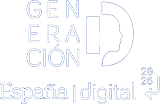13/09/2022
September 13 is World Programmers’ Day. Or at least it is at least almost every year, since in leap years the event is moved to September 12. Why?
The reason is because it is celebrated on the 256th day of the year, a figure chosen because it is the maximum amount that 8 bits can represent. The idea came to Russian programmer Valentin Balt, who also pointed out that 256 is the maximum power of 2 that can be expressed within a limit of 365.
In force since 2009, the date is intended to draw attention to a booming profession, which continues to demand qualified workers to fill vacancies that, in our country alone, already exceed 40,000 positions. According to our report ‘Radiography of vacancies in the technology sector’, carried out in May of this year, software development is by far the area that requires the most professionals in the entire sector.
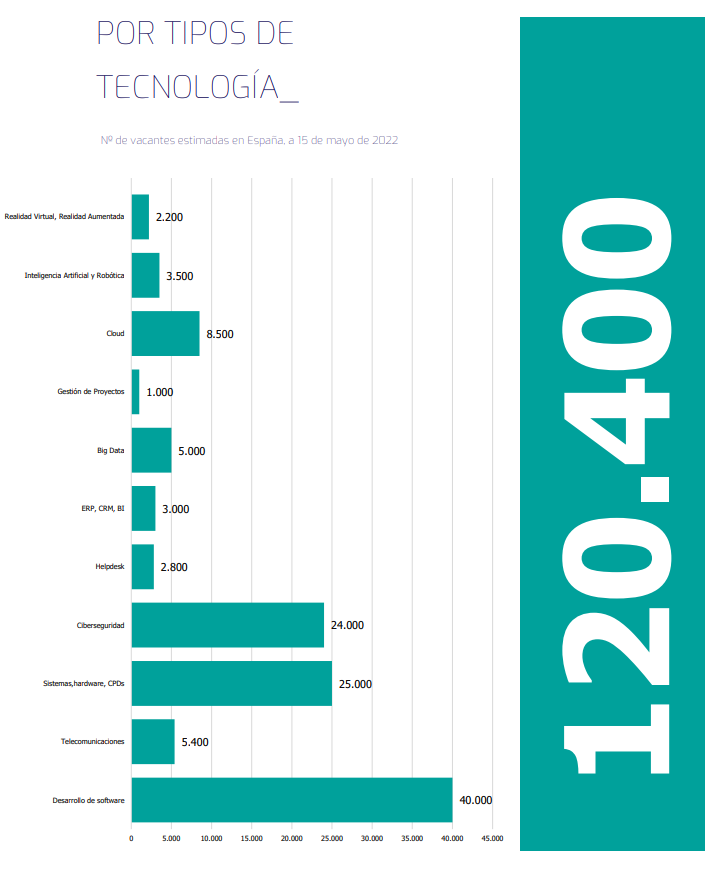
The bulk of the demand is for software analysts and developers. 14,000 are required to meet the needs of the main companies in the sector. It is closely followed by analysts, programmers and web and multimedia designers, of which 12,000 are needed. The remaining occupations with significant employability rates are computer programmers (8,500); database analysts (3,000); and unclassified analysts and designers (2,500).
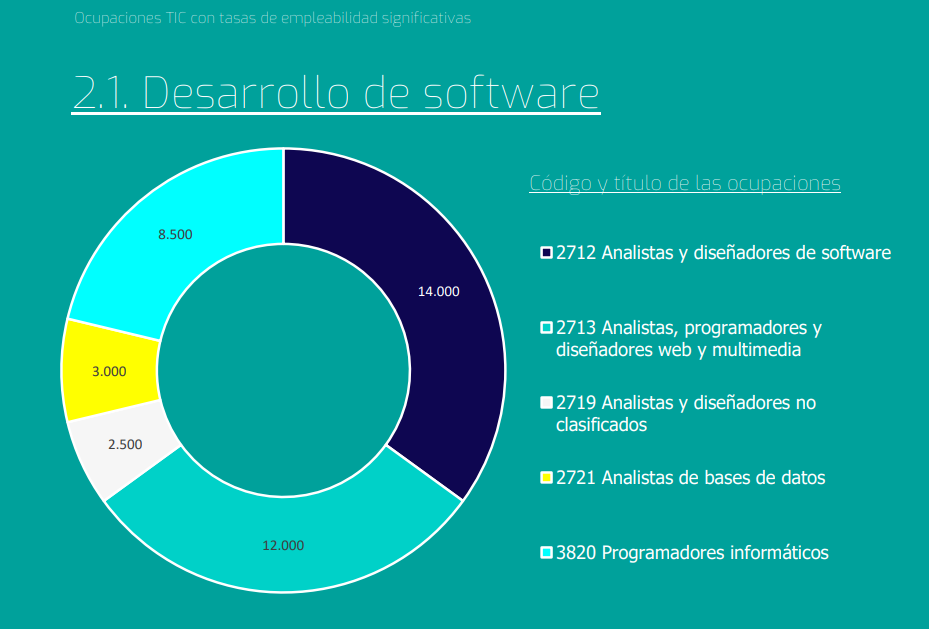
The scarcity of these profiles contrasts with the comparatively high remuneration they receive compared to other sectors. ICT professionals receive an average salary of 37,660 euros per year (almost 11,000 euros more than the national average). Moreover, as our study concludes, moderate but steady growth in salaries for high value-added and specialized IT profiles will be the norm in the coming years.
In-school programming for four million children
In order to alleviate this deficit of programmers, which affects society as a whole, initiatives have been launched to bring programming closer to schools. Nearly four million schoolchildren in the second cycle of kindergarten and primary school are starting this year with the School Code 4.0 Plan, which will strengthen their digital skills and introduce them to computer programming.
With this measure, which from the 2023-2024 academic year will be included in secondary education and will teach around 6 million schoolchildren, the Ministry of Education aims to put an end to the lack of digital skills among students in our country.
According to Javier MirandaAccording to the head of Talent and Employment at DigitalES, «learning notions of programming from an early age helps to articulate the mind and better prepare us to develop our personal and professional lives in a world that is already omnichannel. It will also help to encourage STEAM vocations in Spain, an absolutely strategic challenge for the future of the country».
Where to learn programming if you are not of school age
But where can you learn programming if you are not of school age? Traditionally, the knowledge to develop this work can be acquired in the careers of Engineering and Computer Science, in the Multiplatform Development or Web Development VET and in the bootcamps (super intensive programs) offered by different schools.
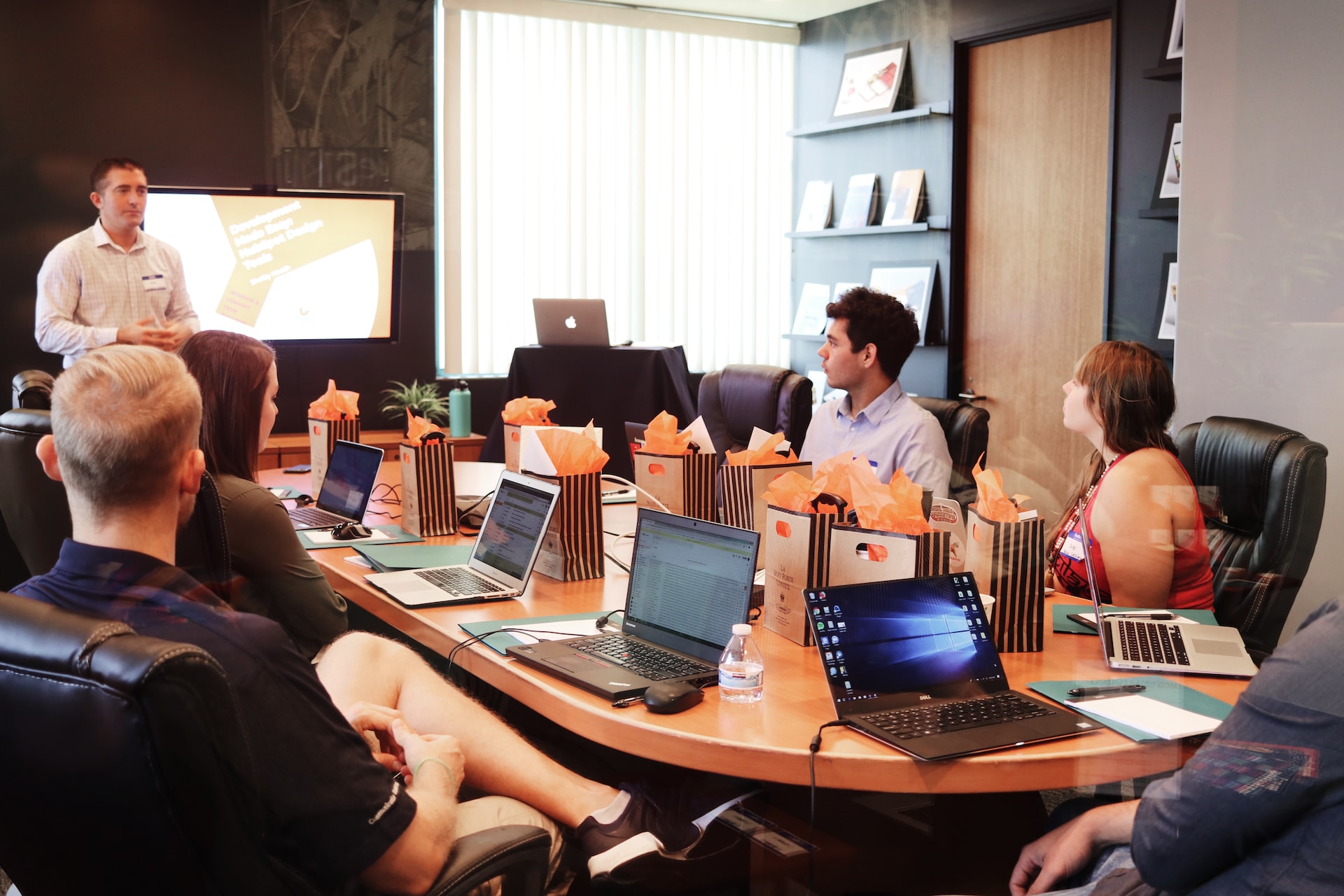
The #DigitalizatePlus platform, developed by SEPE in collaboration with DigitalES and Fundae, offers free training provided by technology companies such as IBM, Huawei, Telefonica, Orange or Cisco. And a good part of them have to do with programming. In this link you will find courses and resources ranging from one-hour pills to 350+ hour courses.
Many training opportunities can also be found on the web. Github is a free online repository that allows you to manage projects and control code versions. It is widely used by developers to store their work, giving millions of people around the world the opportunity to cooperate on it.
And there we can find, as this Twitter thread collects, guides to become a professional Frontend, Backend, DevOps or Mobile developer. There are more than 700 programming languages, and knowing some of the most important ones seems like a good idea in a world where some already compare the importance of mastering this discipline to that of speaking good English. Opportunities and resources are not lacking.
GitHub tiene millones de repositorios para Aprender Programación.
Pero estos 1️⃣0️⃣ marcan la diferencia y te ayudan GRATIS.
⌈ H I L O ⌋ ↓
— Miguel Ángel Durán (@midudev) September 12, 2022



